Science is more important in our society than ever before. Science forms the basis for our technology, health care, transportation, and many other aspects of our daily lives; it even features in our politics and public policy. This series will connect select researchers -- who have expertise in science and in communicating about science -- with members of the public interested in learning more about, and discussing, science. How does science work? How does science impact our lives? What are the limitations of science? Come to our sessions, and experience Science Revealed!
Our Programs
 "Science vs. Pseudoscience: Let's Get Real"
"Science vs. Pseudoscience: Let's Get Real"
Tuesday, April 1, 2025
7 - 8:30 p.m. EST
Access the recording on YouTube.
From a bird’s eye view, science involves experiments, data, and rigorous analysis, while pseudoscience is just stuff that people make up without supporting data. But in practice, distinguishing science from pseudoscience, myths, and conspiracies turns out to be a challenging undertaking. In this panel, local experts will guide us on how to critically evaluate information sources. No prior scientific knowledge needed — the discussion is accessible for all!
Participants:
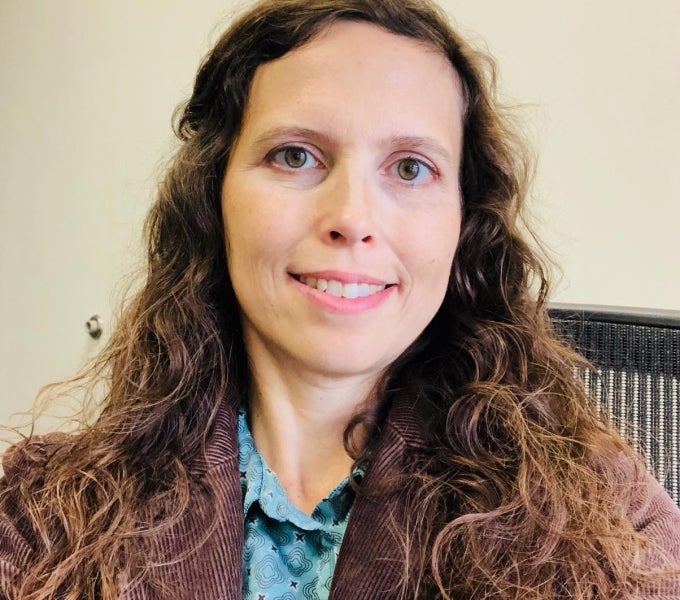 Melanie Good is a Teaching Associate Professor and Co-Director of Undergraduate Studies in Physics and Astronomy. She addresses pseudoscience claims in public media and has transformed physics education courses to teach critical thinking skills.
Melanie Good is a Teaching Associate Professor and Co-Director of Undergraduate Studies in Physics and Astronomy. She addresses pseudoscience claims in public media and has transformed physics education courses to teach critical thinking skills.
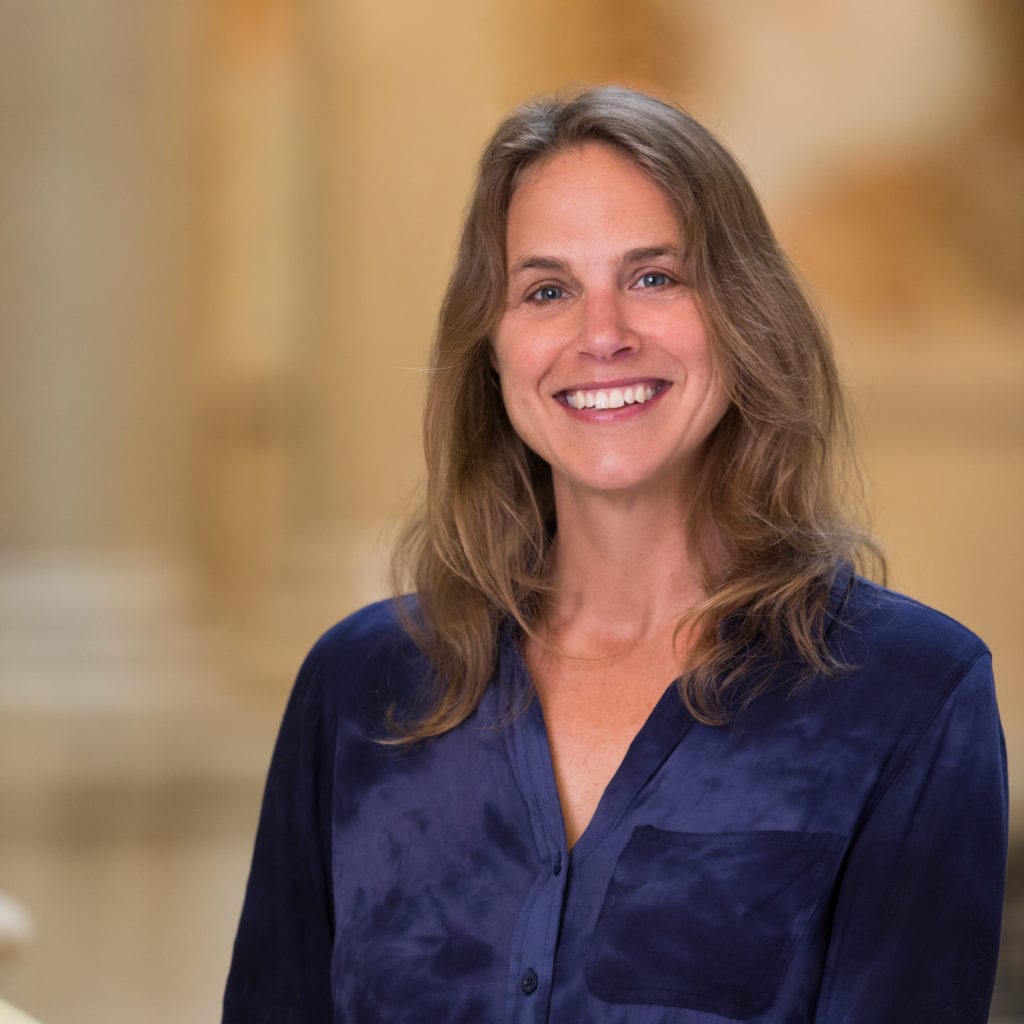 Nicole Heller is the Curator of Anthropocene Studies at Carnegie Museum of Natural History. She focuses on climate change communication and biodiversity conservation strategies in complex, polarized contexts.
Nicole Heller is the Curator of Anthropocene Studies at Carnegie Museum of Natural History. She focuses on climate change communication and biodiversity conservation strategies in complex, polarized contexts.
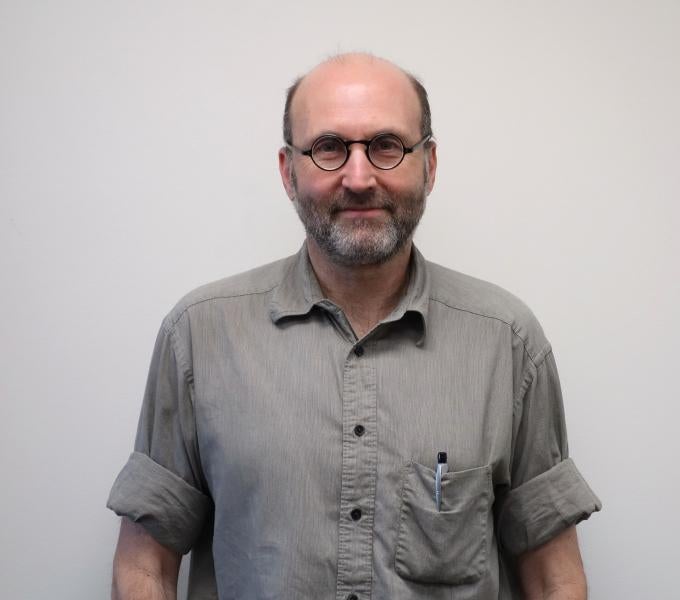 John D. Norton is a Distinguished Professor of History and Philosophy of Science. He specializes in Einstein's work and has written "Why Falsifiability Does Not Demarcate Science from Pseudoscience."
John D. Norton is a Distinguished Professor of History and Philosophy of Science. He specializes in Einstein's work and has written "Why Falsifiability Does Not Demarcate Science from Pseudoscience."
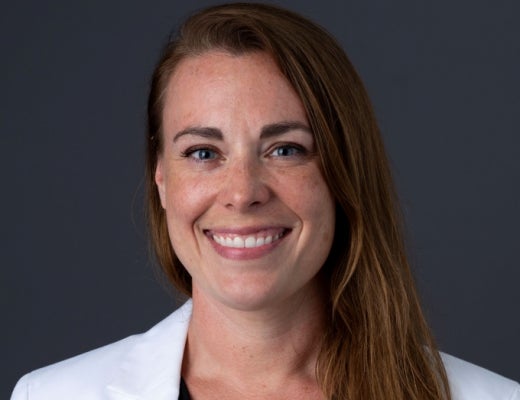 Elise Silva is Director of Policy Research at Pitt’s Institute for Cyber Law, Policy, and Security. She studies how public discourse forms in digital spaces and evaluates the credibility of online information.
Elise Silva is Director of Policy Research at Pitt’s Institute for Cyber Law, Policy, and Security. She studies how public discourse forms in digital spaces and evaluates the credibility of online information.
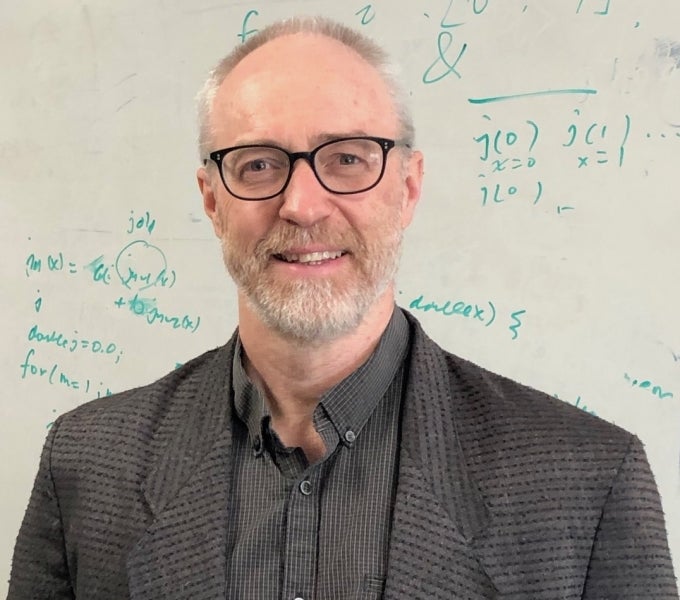 Eric Swanson is a Professor of Physics and Astronomy. He researches inoculation strategies against pseudoscientific beliefs and conspiracy theories using education and public communication tools.
Eric Swanson is a Professor of Physics and Astronomy. He researches inoculation strategies against pseudoscientific beliefs and conspiracy theories using education and public communication tools.
 "ChatGPT Wrote this Title: Exploring the Impact of AI on Our Minds and Society"
"ChatGPT Wrote this Title: Exploring the Impact of AI on Our Minds and Society"
Wednesday, April 19, 7 p.m. EST
Generative AI like ChatGPT is reshaping communication, learning, and society. This event presents expert insights on how AI affects our cognition, writing practices, and public discourse. View a recording of the event.
Panelists:
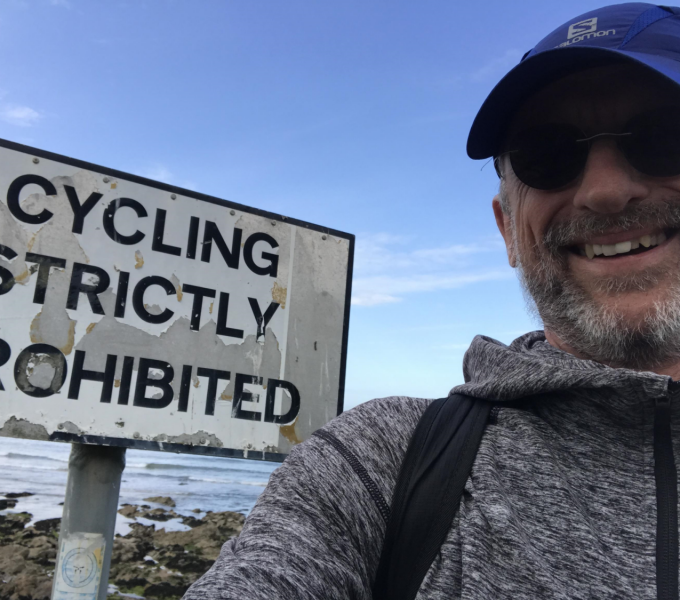 Colin Allen is a Distinguished Professor in History and Philosophy of Science, focusing on cognition, animal behavior, and AI ethics.
Colin Allen is a Distinguished Professor in History and Philosophy of Science, focusing on cognition, animal behavior, and AI ethics.
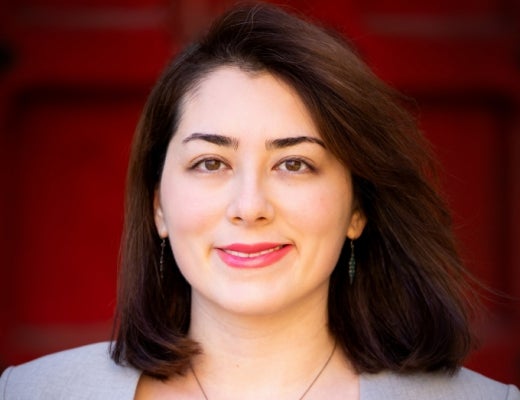 Malihe Alikhani is an Assistant Professor of Computer Science. Her work uses machine learning and communicative structure to build inclusive NLP systems.
Malihe Alikhani is an Assistant Professor of Computer Science. Her work uses machine learning and communicative structure to build inclusive NLP systems.
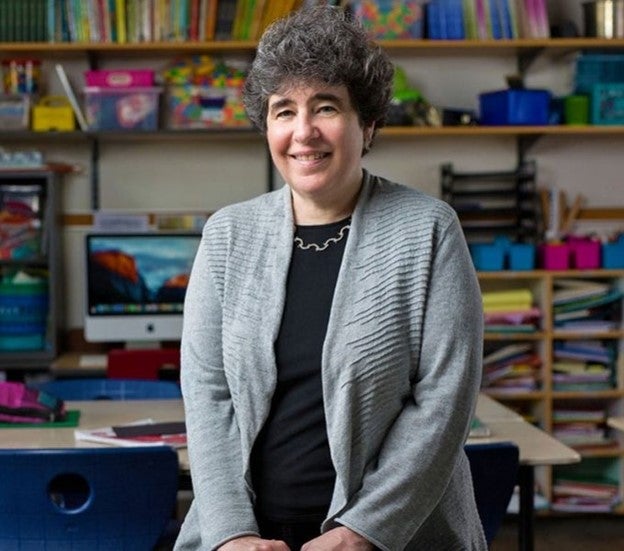 Diane Litman is a Professor of Computer Science and a Senior Scientist at the Learning Research and Development Center, focusing on spoken dialogue and educational technology.
Diane Litman is a Professor of Computer Science and a Senior Scientist at the Learning Research and Development Center, focusing on spoken dialogue and educational technology.
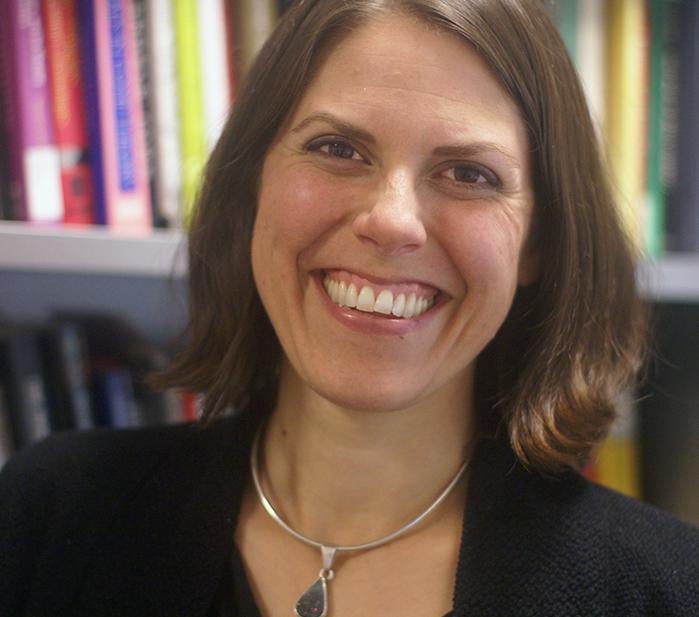 Annette Vee is an Associate Professor of English whose research examines intersections between computation, literacy, and public discourse.
Annette Vee is an Associate Professor of English whose research examines intersections between computation, literacy, and public discourse.
Moderator:
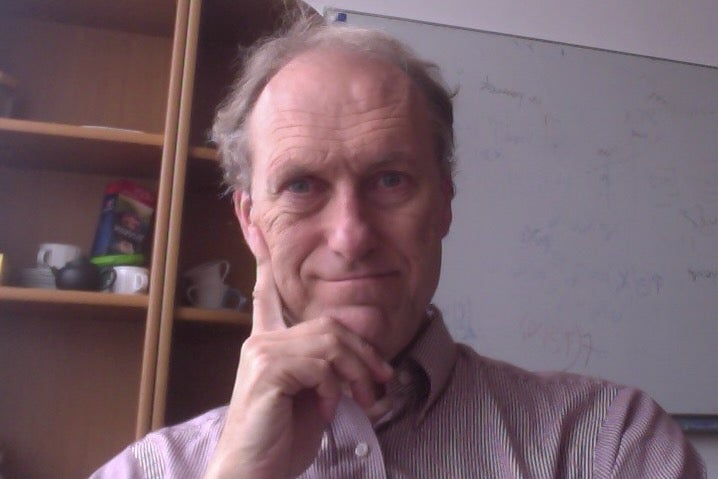 Paul Munro is an Associate Professor in Computing and Information. His work explores learning and cognition through biological neural models.
Paul Munro is an Associate Professor in Computing and Information. His work explores learning and cognition through biological neural models.
 "Reaping What We Spill, Leak and Spew"
"Reaping What We Spill, Leak and Spew"
Monday, February 6, 4 - 5:30 p.m. EST
Humans impact the environment, and the environment, in turn, impacts human health. "Reaping What We Spill, Leak and Spew" features experts discussing how contamination is measured, the health effects of exposure, and how policy plays a role. View a recording of this event.
Panelists:
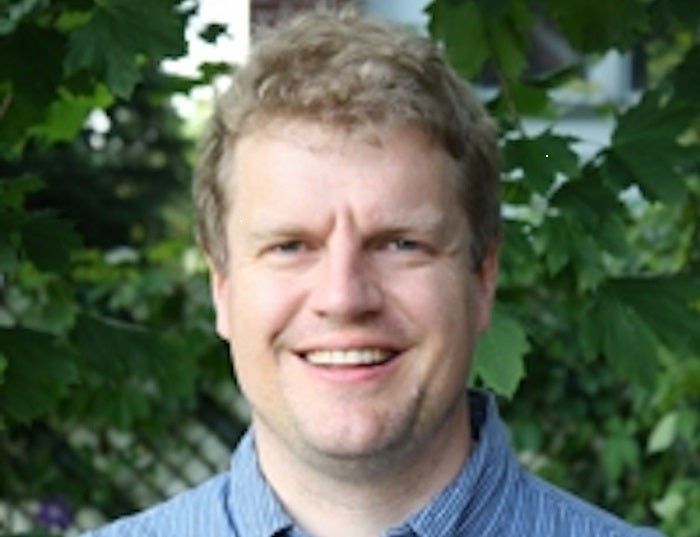 Dan Bain is an Associate Professor in Geology and Environmental Science, researching human impacts on waterways over centuries.
Dan Bain is an Associate Professor in Geology and Environmental Science, researching human impacts on waterways over centuries.
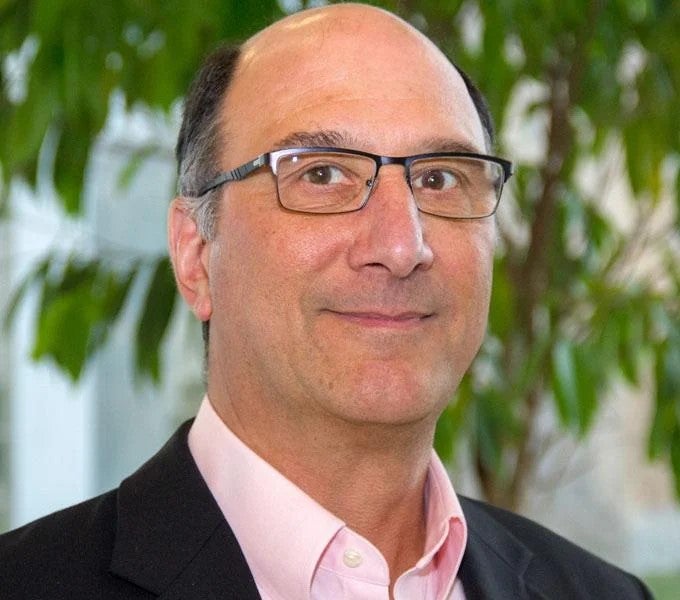 Aaron Barchowsky is a Professor specializing in metals toxicology and public health impacts, particularly from arsenic exposure.
Aaron Barchowsky is a Professor specializing in metals toxicology and public health impacts, particularly from arsenic exposure.
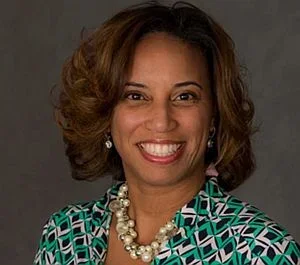 Tina Ndoh is an Associate Professor focusing on environmental justice and air quality improvements in underserved communities.
Tina Ndoh is an Associate Professor focusing on environmental justice and air quality improvements in underserved communities.
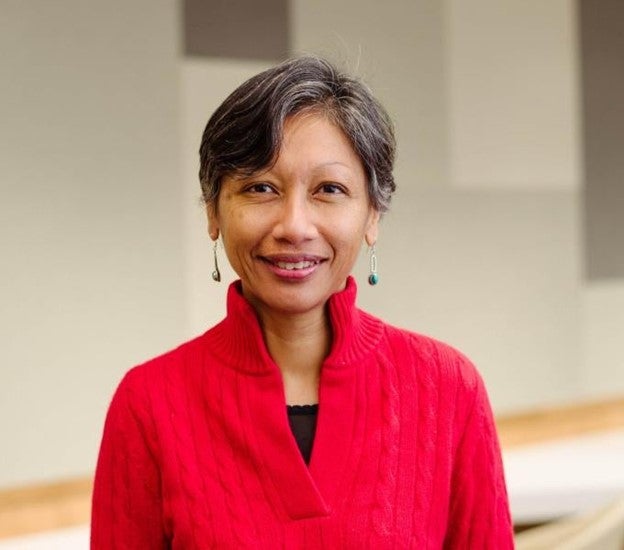 Shanti Gamper-Rabindran is a Professor at GSPIA and Economics, author of America’s Energy Gamble and The Shale Dilemma.
Shanti Gamper-Rabindran is a Professor at GSPIA and Economics, author of America’s Energy Gamble and The Shale Dilemma.
Moderator:
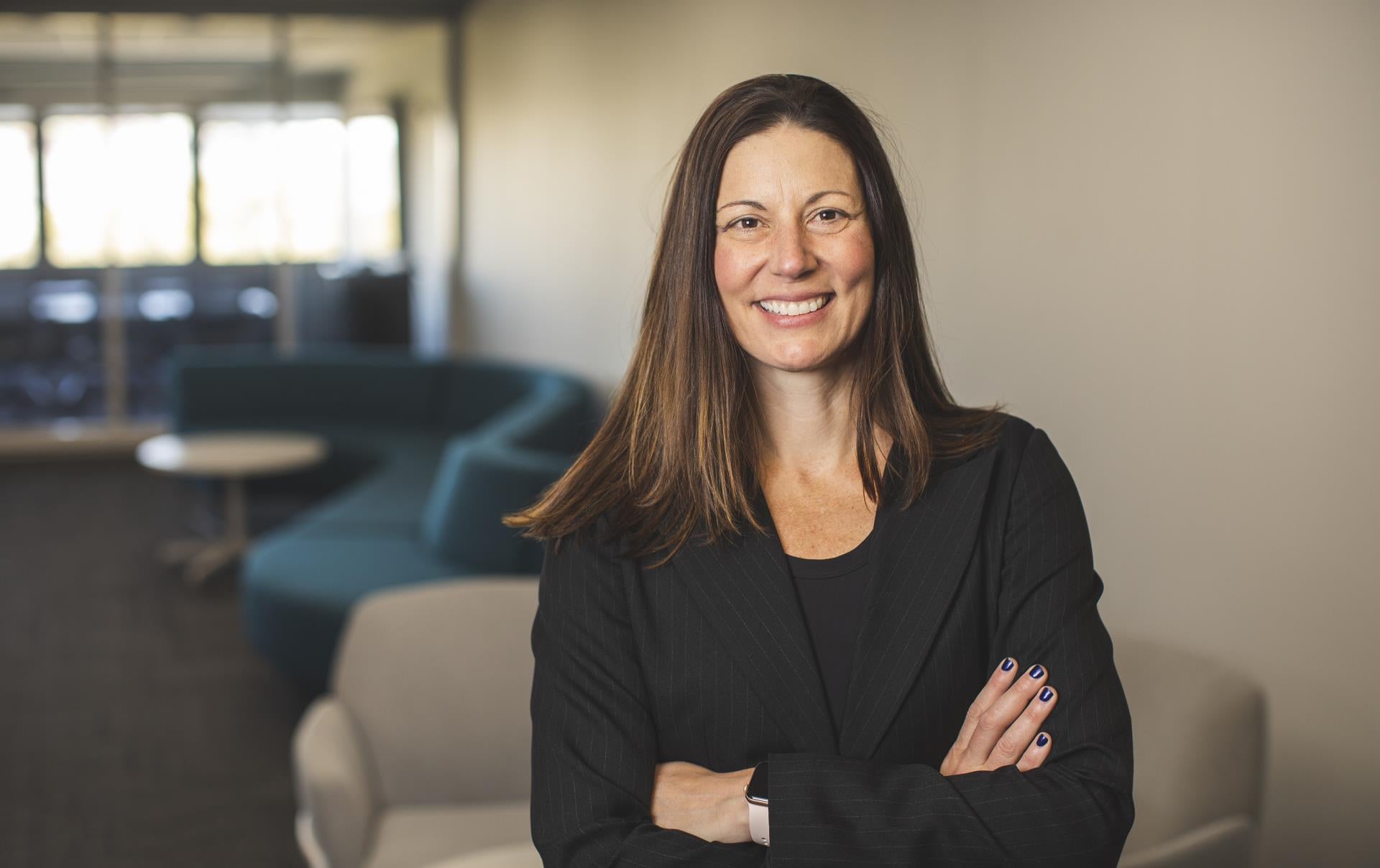 Cassie Quigley is Chair of Science Education at Pitt’s School of Education, focusing on equitable STEM teaching strategies.
Cassie Quigley is Chair of Science Education at Pitt’s School of Education, focusing on equitable STEM teaching strategies.
 "UFOs and the Stories We Tell About Them"
"UFOs and the Stories We Tell About Them"
April 7, 2022, 7–8:30 p.m. EST
From medieval to modern cognitive biases, this panel explores how we interpret UFO phenomena. View recording.
Panelists:
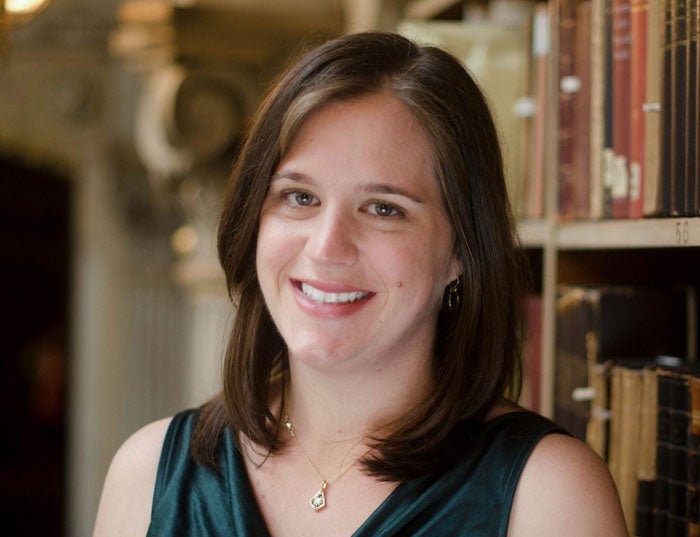 Elizabeth Archibald — Medieval history and literacy researcher.
Elizabeth Archibald — Medieval history and literacy researcher.
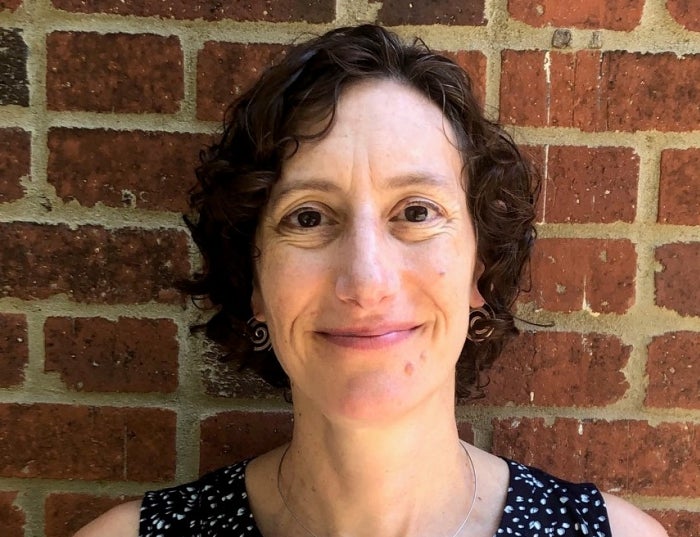 Elizabeth Arkush — Archaeologist focusing on Andean history and conflict resilience.
Elizabeth Arkush — Archaeologist focusing on Andean history and conflict resilience.
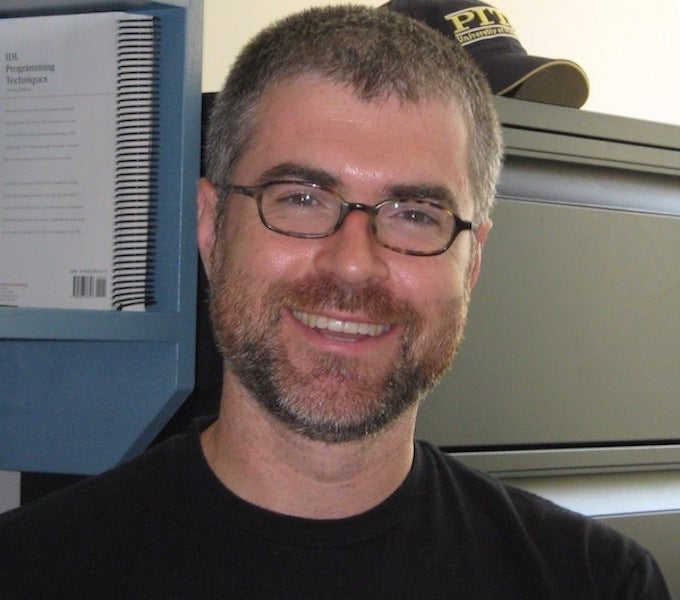 Carlos Badenes — Physics professor studying stellar evolution and compact objects.
Carlos Badenes — Physics professor studying stellar evolution and compact objects.
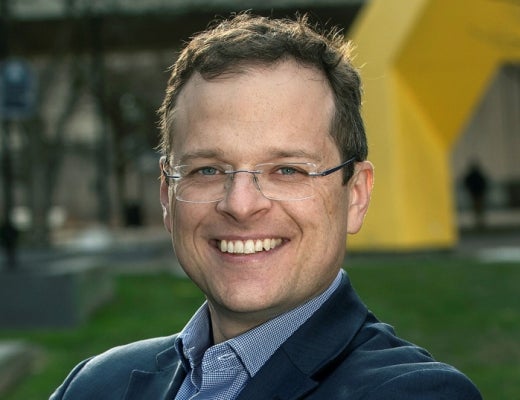 Marc N. Coutanche — Cognitive neuroscientist specializing in perception and memory.
Marc N. Coutanche — Cognitive neuroscientist specializing in perception and memory.
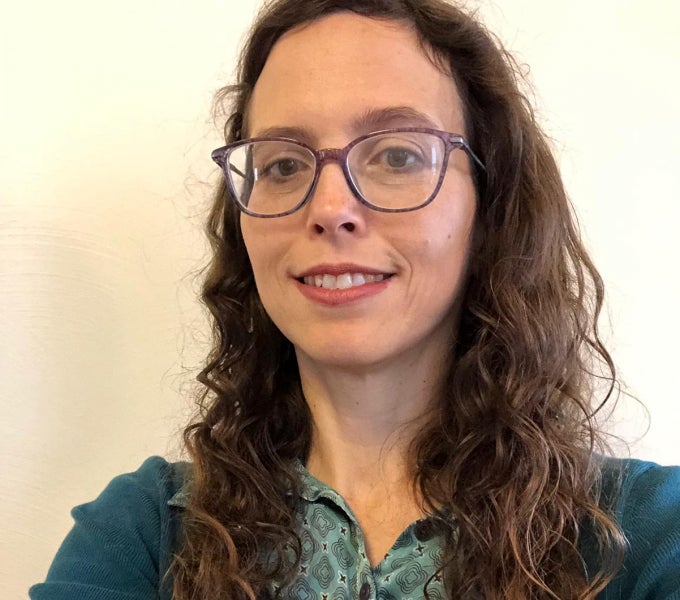 Melanie Good — Physics education researcher focusing on student learning success.
Melanie Good — Physics education researcher focusing on student learning success.
Moderator:
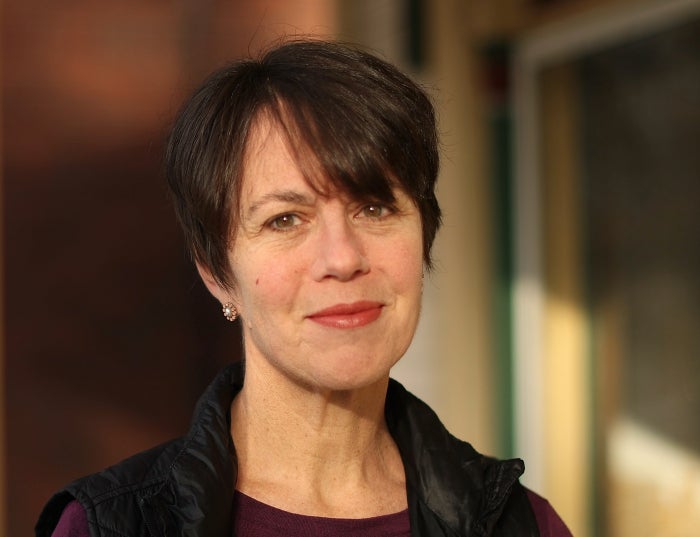 Lara Putnam — Historian researching political organizing and social movements.
Lara Putnam — Historian researching political organizing and social movements.
 "Nothingness: So much to talk about!"
"Nothingness: So much to talk about!"
December 2, 2021, 8–9:30 p.m. EST
Exploring "nothing" in physics, philosophy, and mathematics. Featuring Pitt experts and guest James Owen Weatherall.
Panelists:
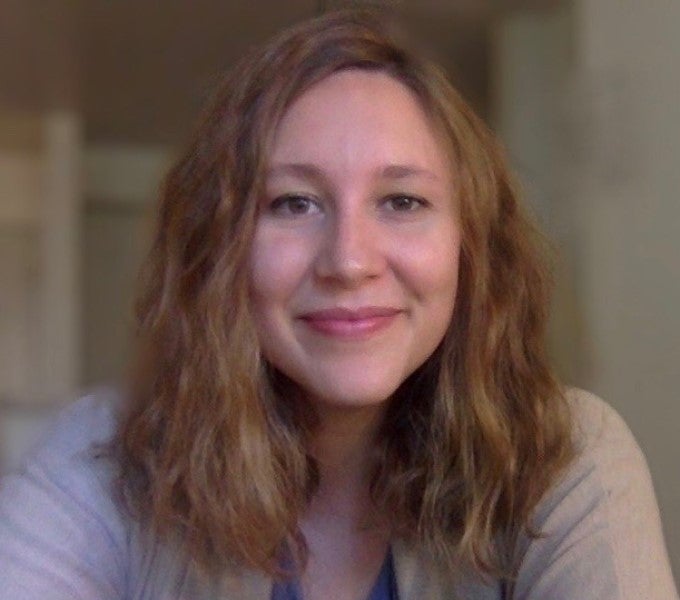 Marian Gilton — History and Philosophy of Science.
Marian Gilton — History and Philosophy of Science.
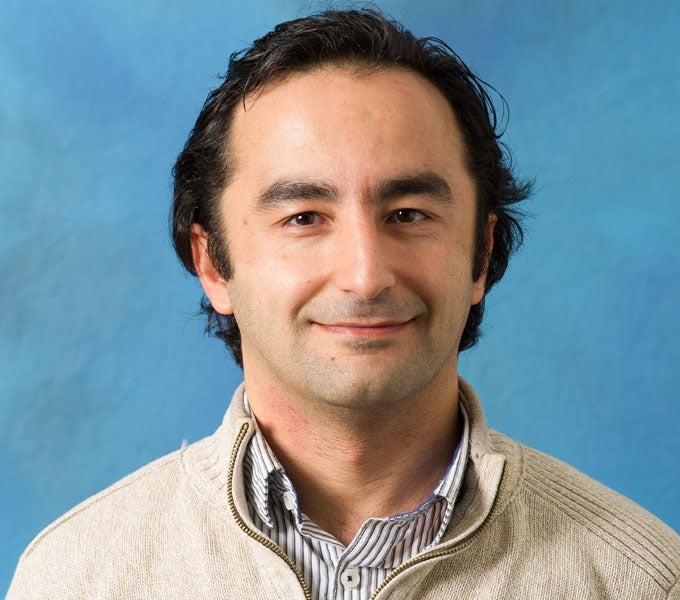 Kiumars Kaveh — Mathematician focusing on geometric methods and quantum information.
Kiumars Kaveh — Mathematician focusing on geometric methods and quantum information.
 James Weatherall — Physicist and philosopher, author of Void.
James Weatherall — Physicist and philosopher, author of Void.
 Andrew Zentner — Cosmologist researching dark matter and galaxy formation.
Andrew Zentner — Cosmologist researching dark matter and galaxy formation.
Moderator:
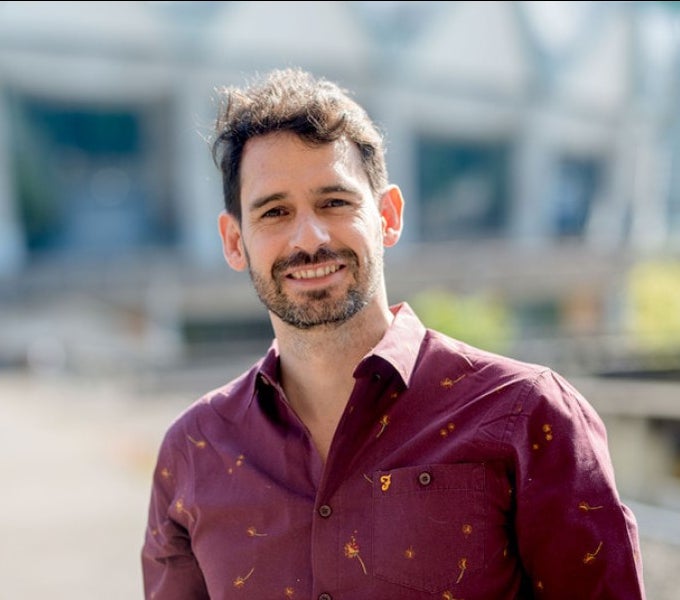 Edouard Machery — Philosophy of Science expert specializing in cognitive sciences and concepts.
Edouard Machery — Philosophy of Science expert specializing in cognitive sciences and concepts.
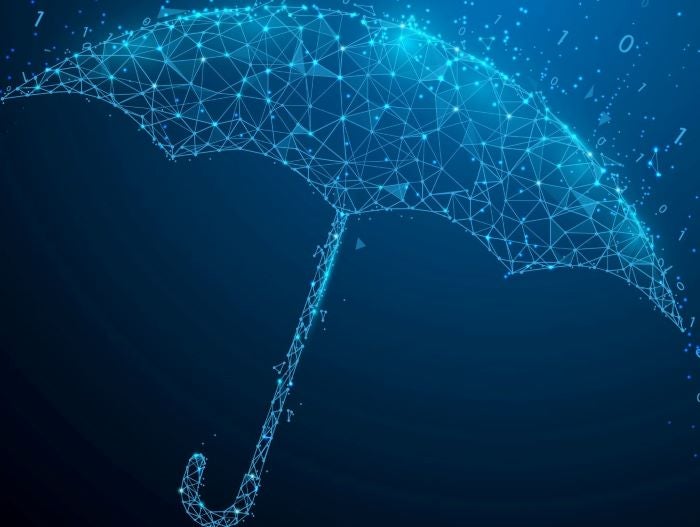 "Safety in Numbers? The Use (and Misuse) of Data in Society"
"Safety in Numbers? The Use (and Misuse) of Data in Society"
April 15, 2021
7 p.m. EST
Data can drive positive change — or manipulation. Experts explore data's role in society. View recording.
Panelists:
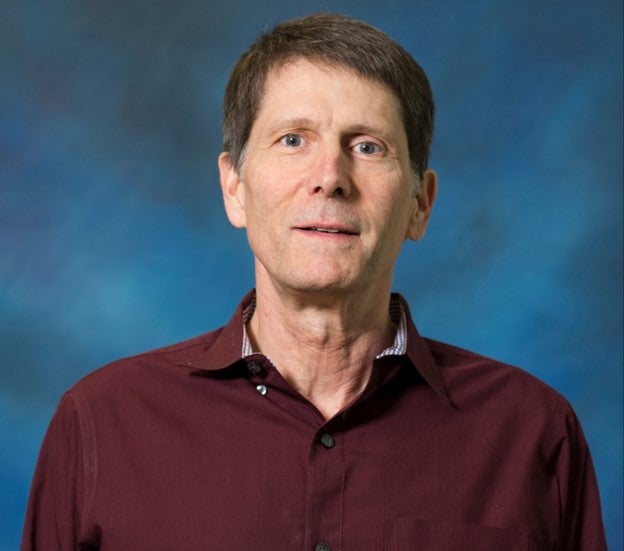 Thomas Hales — Professor of Mathematics; encryption and data privacy expert.
Thomas Hales — Professor of Mathematics; encryption and data privacy expert.
 Lucas Mentch — Professor of Statistics; applying data to justice system reform.
Lucas Mentch — Professor of Statistics; applying data to justice system reform.
 Sandra Mitchell — Distinguished Professor; scientific data interpretation expert.
Sandra Mitchell — Distinguished Professor; scientific data interpretation expert.
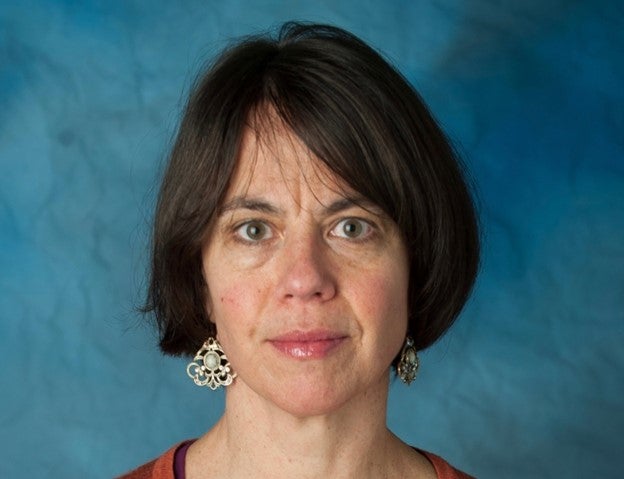 Lara Putnam — Historian focused on social media and movement-building.
Lara Putnam — Historian focused on social media and movement-building.
Moderator:
 Lisa Parker — Professor of Bioethics; explores ethical implications of data usage.
Lisa Parker — Professor of Bioethics; explores ethical implications of data usage.
